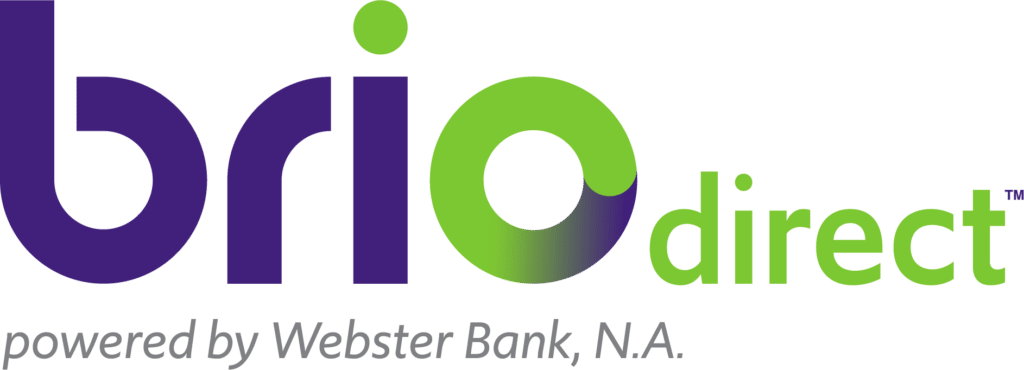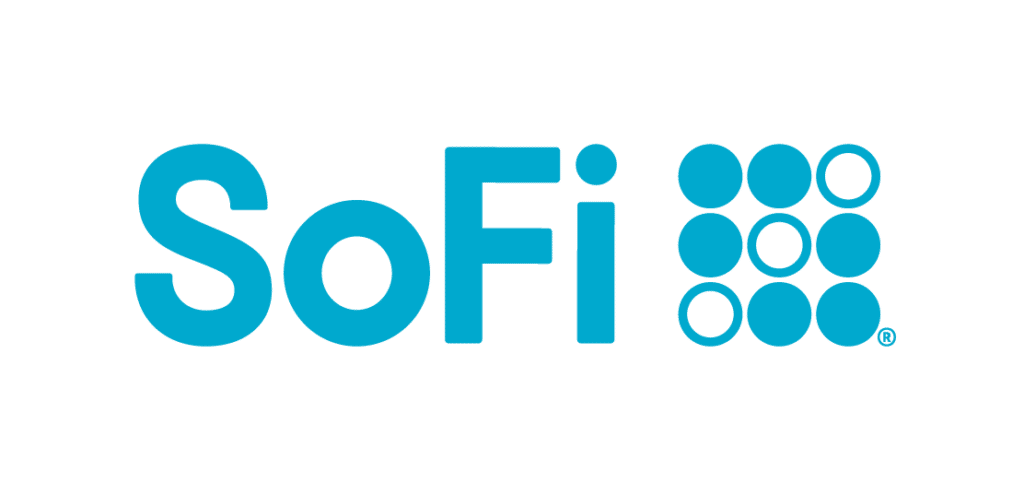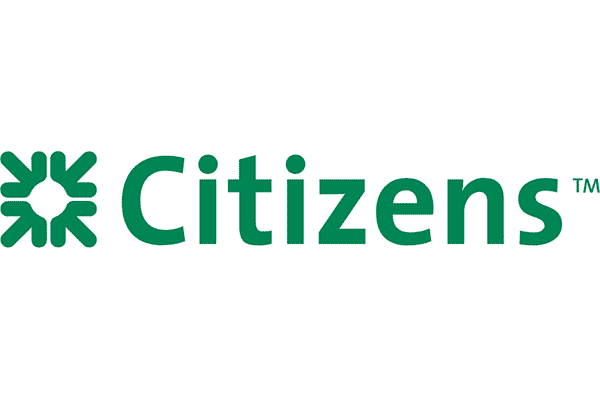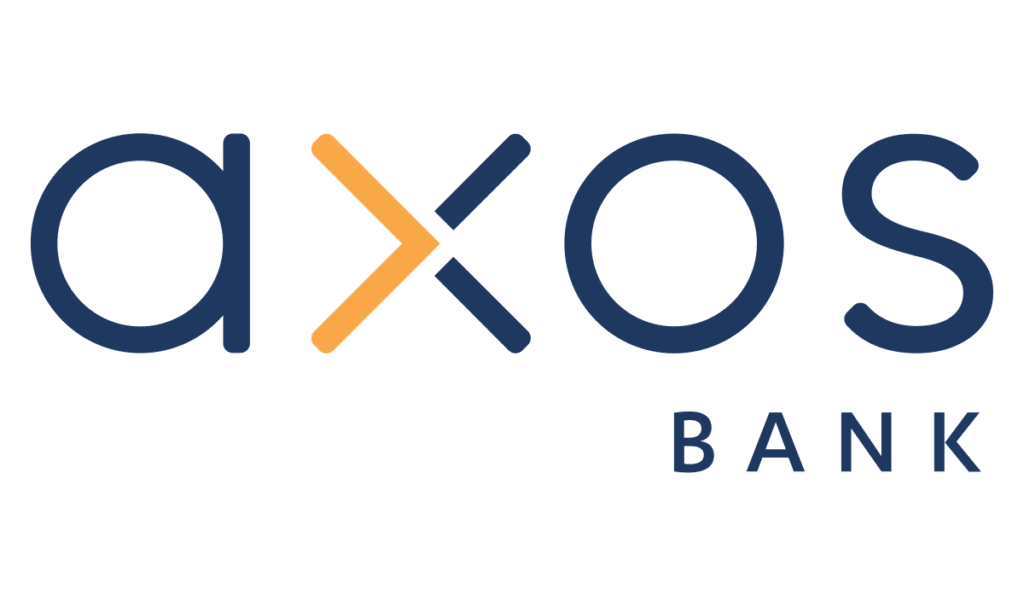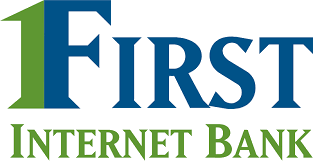Finding a good savings account often means searching through financial institutions and account options to pinpoint the one that best suits your needs. While it’s always important to consider the account’s interest rate, you should also be mindful of the account fees and minimum balance requirements; if not, your new account may end up costing you more than it helps you save.
It’s worth noting that online banks tend to offer better interest rates for accounts than traditional, brick-and-mortar banks. These can be a great option if you’re comfortable with completing the majority of your banking tasks digitally, but if you handle a lot of cash or feel you regularly need in-person assistance, you may be better off with a more traditional account.
Key Features to Look for in a Savings Account
Savings accounts are not a one-size-fits-all product. When selecting one, think through what’s most important to you and look for an account that lines up with your needs.
Here are some factors to consider when choosing a savings account:
- APY: Shop around at multiple banks and find the best rates to maximize your savings efforts. High-yield savings accounts tend to offer higher rates than other deposit accounts.
- Opening deposit requirements: A bank or credit union may require you to deposit a specific amount of money to open a savings account. Determine how much you can afford to deposit.
- Minimum balance requirements: Some savings accounts require you to keep a minimum balance in your account to earn interest or to avoid monthly fees.
- Account fees: Some financial institutions charge a monthly fee to maintain your account. Often, you can avoid paying these fees by meeting requirements such as maintaining a certain balance. Other fees to look for include excessive transaction fees and wire transfer fees.
- Accessibility and ease of use: Look for banks that offer multiple ways to manage your account and access funds. Savings accounts generally don’t come with a debit card, but you may have ATM access through a linked checking account. Most banks now offer online and mobile banking to address modern banking needs.
- Transaction limits: Before the COVID-19 pandemic, savings account withdrawals were limited to six per month under what’s called Regulation D. The federal government relaxed this rule during the pandemic, but some banks still enforce it. Before you pick an account, check how many withdrawals you’re allowed to make, especially if you think you’ll need to pull funds out regularly.
Benefits and Risks of Savings Accounts
Savings accounts have their pros and cons, and these are worth exploring before you decide where to stash your funds.
The main benefits of savings accounts are:
- Earn interest: Unlike most checking accounts, you’ll earn some interest just for keeping your money in a savings account.
- FDIC insurance: Most savings accounts are FDIC insured (though it’s always good to check), which means your money is protected up to $250,000 per depositor, per account type, so you won’t lose your funds if the bank fails.
- Low risk: Even though your APY may go up or down, you won’t lose money with a savings account, which is always a risk when investing in stocks, for example.
- Accessibility: Your account might have transaction limits, but it’s generally easy to withdraw funds occasionally or make wire transfers to and from savings accounts.
- Financial planning: Savings accounts help you set aside money for emergencies, children, travel and anything else you want to plan for. Separating funds into these accounts can make it easier to reach your savings goals and track your progress.
Savings accounts are pretty safe in general, but some potential downsides include:
- Low APY: High-yield savings accounts offer higher APY than traditional savings accounts, but even then, they can’t beat the historical stock market return average, which is around 7%-10% over the long term (but the stock market has no guarantees).
- Withdrawal limits: Even though the federal government lifted Regulation D, many banks still cap account holders at six withdrawals per month, which could hamper some people who need frequent access to their money.
- Fees: You might face charges for monthly maintenance, wire transfers, overdrafts or other activities, which could eat into your savings.
For more information on how this type of account works, check out our guide to savings accounts.
Common Savings Account Fees
Like any bank account, a savings account may have fees. Here are the typical ones to know about:
- Monthly maintenance fee: Some banks, especially online banks, don’t charge this fee anymore, but even if your savings account has a monthly fee, you may be able to waive it by keeping a minimum balance, using the bank’s app or meeting other requirements.
- Minimum balance fee: See if the account you’re interested in requires you to keep a minimum amount in the account and if you’re charged a fee when you fall below that threshold.
- Wire transfer fee: Most banks don’t charge for incoming transfers, but it’s fairly common to charge for outgoing wires, so this one is worth knowing ahead of time.
- Overdraft fee: Withdrawing more money than you have available could overdraft your account and lead to a fee with some banks.
A couple of other common charges on bank accounts are stop payment fees and returned item fees, but a bank may have other fees too, so it’s worth checking out the fine print before you commit.
How Many Savings Accounts Should I Have?
For most people, it’s a good idea to have at least one savings account, if only to stash some cash for emergencies, but there’s no limit on how many you can have.
You may want to open a separate savings account for each savings goal you have as it can help you allocate money and track your progress. It also keeps those funds out of your everyday checking account, where it’s more likely to get spent.
Here are some typical reasons people open multiple savings accounts:
- An emergency fund
- An upcoming trip or event
- A down payment on a house
- Home repairs or renovations
- A new car or car repairs
- Home furnishings
- Self-employment tax
- A wedding
- Holiday gifts
- Vet bills
- School supplies
If you want to open multiple savings accounts, keep these key points in mind:
- It won’t affect your credit, unlike opening multiple credit cards.
- A bank may limit the number of accounts its customers can open.
- You could end up paying a lot in fees if your accounts have monthly charges, you move money around frequently or overdraft your accounts.
- Having multiple accounts can be trickier to manage, so only open as many as you can track and budget for.
Will Savings Account Interest Rates Keep Rising?
Savings account interest rates may keep rising in the near future as inflation persists, but there’s no way to know for sure. That said, the Federal Reserve has raised the federal funds rate 10 times since March 2022 in an effort to curb inflation. The federal funds rate is the interest rate banks charge when lending money to each other. It doesn’t directly impact the APY on a savings account, but interest rates tend to follow the federal funds rate.
If that number goes up, APYs tend to go up, and vice versa. So if the Federal Reserve continues to try to bring down inflation by raising the federal funds rate, there’s a good chance we’ll continue to see savings account interest rates rise as well. If you want to lock in a fixed interest rate instead or think APYs may be declining, you might be interested in putting your money in a certificate of deposit instead.
FAQs
-
Yes, the interest you earn on your savings account is taxable and the IRS considers it part of your regular income. The bank will issue you a tax form called a 1099-INT around tax time that will say how much interest you earned and will report this amount to the IRS as well.
-
It’s a good idea to keep enough money in savings to cover at least three to six months’ worth of living expenses in case of emergency, and some people keep up to a year’s worth in their emergency fund.
Beyond that, assess your personal savings goals to decide how much to keep in savings. Some people like to keep one savings account for emergencies, and another to save toward a vacation or home renovation project (or any savings goal) to help keep their funds organized.
-
If your savings account has FDIC insurance, there is next to no risk you will lose your funds. However, APYs on savings accounts are variable, so the rate at which you earn interest could increase or decrease over time, meaning you might earn less than you’d hoped or planned for.
-
Generally, to open a savings account you need to:
- Be a U.S. citizen or legal resident
- Be at least 18 (Kids typically need to open a joint custodial account with a parent or guardian)
- Provide identification, like a driver’s license or other government-issued ID, and Social Security number
- Provide a physical mailing address
Note that there’s no credit check when you apply for a savings account, but banks may look at your ChexSystems consumer banking report to see if you have any negative marks like overdrafts and bounced checks, which could lead them to deny your application.




